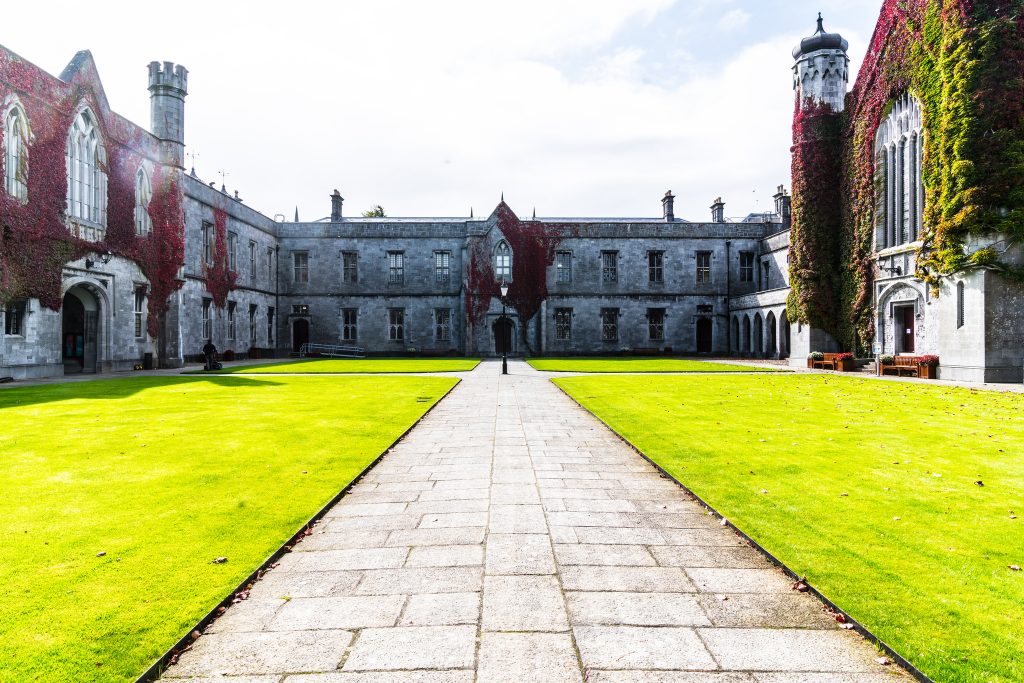By Aoife Burke
NUI Galway researchers are currently seeking volunteers to take part in a new Cognitive Occupation-Based programme for people living with Multiple Sclerosis in Ireland, which seeks to understand cognitive issues experienced by sufferers of the disease
Approximately 50-60% of the 9,000 people in Ireland living with MS have difficulties with cognition, which has a large impact on their quality of life. The new COB-MS programme, based in NUI Galway, has been developed to address the wide-ranging symptoms and functional difficulties associated with cognition that present in the condition.
Researchers are seeking around 20 candidates in Galway, along with a further 20 in Donegal and 10 in Cork, who suffer from cognitive issues relating to a diagnosis of Multiple Sclerosis.
Among the goals of the programme are to emphasise the ability of sufferers to maintain employment, social activities, manage life at home and self-care; and is focused on rehabilitation through an individualised cognitive intervention that is measured by and taught through an occupational participation perspective.
One such candidate is former student of NUI Galway Robert Joyce, a suffer of MS since his early 20s. He spoke to SIN about living with the condition, “I currently have secondary Progressive MS. I was diagnosed at 23, I am now 51. I’ve had MS for 28 years. I have had relapsing and remitting MS. You would notice the illness for a while then it would get better. After each attack you would experience a little hangover”, he said.

Robert, who had not worked in almost a year due to his illness, is directly employed by the University under a revolutionary Patient and Public Involvement programme, whereby he works as an assistant researcher, the first in the country to be involved in such a scheme. The programme sees the patient getting directly involved in the study from the outset. It is hoped that this method will lead to quicker, more effective results.
Mr Joyce, who previously worked as an accountant, spoke of the personal benefits taking part in the study has had for him. “Prior to working, I was on disability. I had a blog about my life and was a member of the MS society and was writing. It helps you find your purpose in your day”, he said. “I work one day a week for 7 ½ hours at the university. It means I can interact with people. It can get lonely otherwise and lead to a negative mindset. It is important to feel part of the wider community as I can feel excluded from normal life. It is great to be part of something fantastic. Improving the knowledge of illness can make research better. It can lead to better therapy”, he added.
While Robert hailed the benefits of the programme, funded by the Health Research Board, he highlighted issues that need to be resolved to better facilitate PPI programmes in the future. He cited accessibility as a key issue that the University needs to address, “University isn’t fully prepared for PPI. The distances are very big, and walking is difficult, so I used a stick. I had to get a mobility chair and there was no place to keep it. I had to find a location for it. The University wasn’t ready for such an issue”.
Dr Sinéad Hynes, primary investigator of the programme, spoke of the potential benefits of this study, stating: “Past research suggests that cognitive intervention and rehabilitation can enhance daily functioning in people with MS. A lot of work has gone into the development of the COB-MS program to ensure that it targets such cognitive activities applied in real-world settings. As a result, we’re hopeful that the program will benefit people living with MS on wide-ranging outcomes.”
